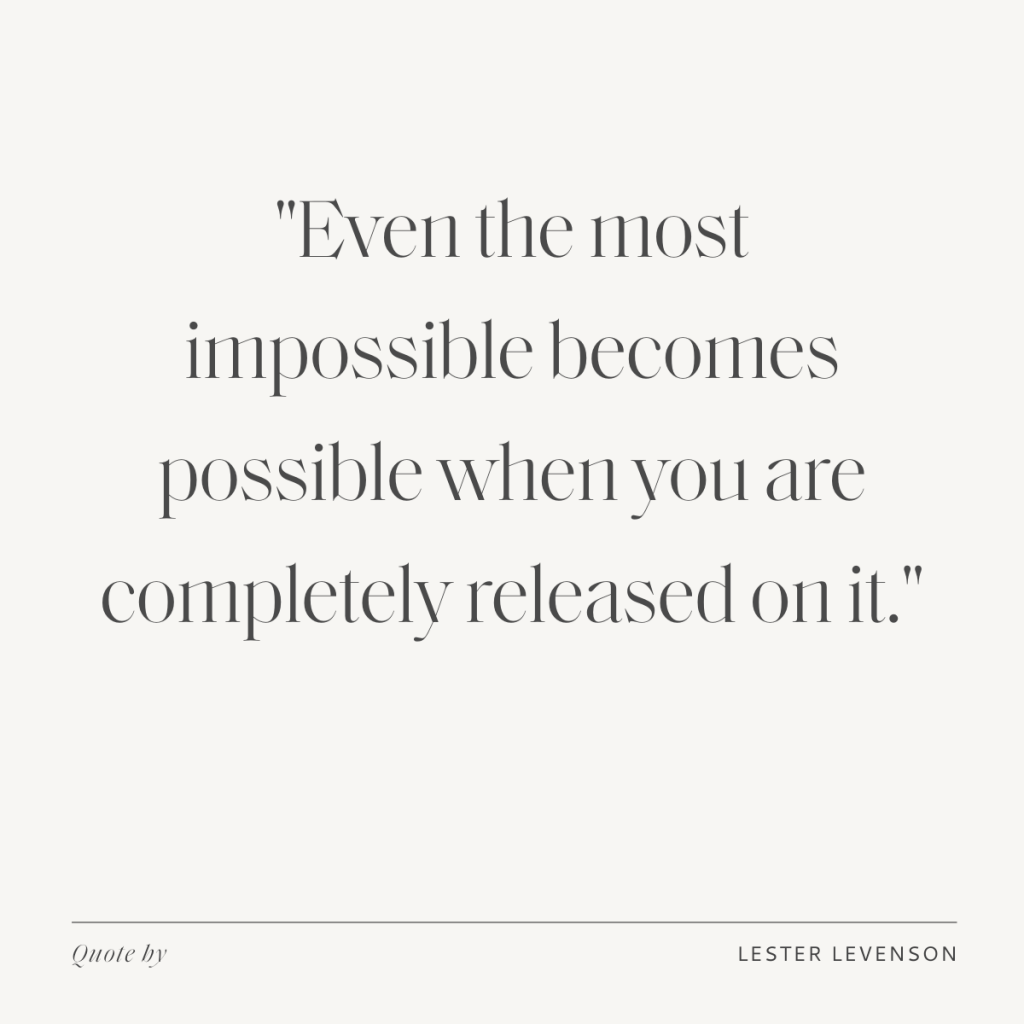
Last Updated on August 11, 2020 by Ade Aprilia
This post may contain affiliate links. If you make a purchase, I’ll receive a commission. Disclosure

Oh hey, you! I’m happy to see you here right now, getting ready to set goals, and having the life you love!
Why, you’re wondering?
Because goal-setting is something that we hear about throughout our lives
. . .but I have found that very few people actually sit down and articulate the things they want to achieve in life.
Studies of groups of successful, goal-oriented people have shown that people who write down their goals are approximately 80% more likely to accomplish them than people who just think about them.
How about you?
Need a plan to achieve your goals? My friend, Nadalie, has a 75+ page printable with everything you need to set achievable goals. Grab it here.

- The Word Goal-Setting Can Be Scary
- Your Heart Knows Which Goals Are Truly Yours
- The Anatomy Of "WANT"
- How I Achieve My Goals
- Release The Hustle
- 7 Golden Rules to Phrase Your Goal Setting Using Sedona Method
- 1. Phrase Your Goal In The Now, As Though It Is Already Achieved
- 2. Style Your Goal In The Positive
- 3. Include Yourself In The Goal Statement
- 4. Be Precise and Concise, But Not Limiting
- 5. Eliminate The Word "WANT"
- 6. State The End Result, Not The Means Of Achieving It
- 7. Word Your Goal So It Relates to Courage
- Now you.
- PIN THIS!
The Word Goal-Setting Can Be Scary
Personally, the word “goal-setting” generates fear and resistance inside of me.
This is why I’m excited to share the very first step to shape what you want in a new way.
We all have two choices: We can make a living, or we can create life.
Heart-centered goal setting is powerful because it provided focus but excited to have the experience that makes you look forward to every day.
Your Heart Knows Which Goals Are Truly Yours
Heart-centredness is a state of peace in which life is aligned.
Contrary to popular belief, you do not attain your goals when you desire them strongly enough.
Seriously, they miss the key point. Did you realize that “want is lack”?
Desire made you feel heavy and weighed down from the start because you come from a place of not having the goal. All pain and misery come from wanting something.
To want something means we feel we don’t have it.
We feel empty, lonely, lacking or deprived, and we believe if we possessed that object or had that experience, we’d feel filled up, and we would be happy.
In fact, if you honestly examine your past experiences, you’ll discover that most of the goals you’ve achieved are the ones that you let go of wanting—even if it’s not by choice.
The Anatomy Of “WANT”
You get the point.
The old expression “the rich get richer and the poor get poorer” is easily explained. A rich person doesn’t want money; he has the feeling it’s his already, thus creating more money. A poor person wants money, thus creating a lack and no money.
What value at all have you ever received from this “sensation of lacking or wanting?”
Why not “let the want go” and HAVE?
How I Achieve My Goals
I’m using The Sedona Method to have my goals. If you’re not familiar with The Sedona Method, check it here.
It will gently guide you into the experience of letting go of unhappy past events and traumas that store in the conscious and unconscious mind that block and prevent you from success, health, love and all the good things in life.
Letting go brings a greater gift: The real “You”.
And it will be uncovered if you let go, even by a little letting go.
You’ll experience an unshakeable inner peace and happiness.
The saying “Happiness comes from within” refers to this. It is always available within you. Those who discover this for themselves value it far more than wealth and success.
Interestingly, once you open to that inner happiness, the worldly joys and toys tend to come easily. They often just fall into your lap.
And I am committed to helping you realize this!
Release The Hustle

As you journey through this process, you’ll discover that the struggle is unnecessary.
This does not mean, of course, that you won’t take action steps to achieve your goals. It simply means that the actions you choose to take will come with less effort and drama.
When you allow yourself to release the desire to the point where you are hootless about getting your goal, two things may happen:
Either you’ll find that you abandon the goal altogether and feel lighter because of it…
(because it’s not your goals anyway!—you were going after your mother’s goals, your father’s goals, your lover’s goals, your friends’ goals, society’s goals, you name it)
. . .or you’ll be much more likely to achieve the goal than you were when you wanted it.
Lester Levenson’s famous statement is quoted often:

And here comes the kicker:
7 Golden Rules to Phrase Your Goal Setting Using Sedona Method

Wording a goal correctly can make all the difference in whether you achieve it or not. In fact, simply writing down your goals is one of the keys to achieving them.
Allow the mind to start using its creativity to begin generating possibilities of how this goal can happen.
1. Phrase Your Goal In The Now, As Though It Is Already Achieved
Most of us fall into the trap of thinking that we’re going to create what we want in the future. How many times have you said to yourself, “I’ll do that tomorrow,” and you didn’t do it?
Whenever you’re holding in mind, “I’m going to do this later, or tomorrow, or next week, or next year,” you project your goal into the future, and the future never seems to come.
2. Style Your Goal In The Positive
Focus on the solution. Avoid putting in the goal that problem which you’re trying to get rid of.
For instance, what if you would like to stop eating junk food? You wouldn’t want to phrase the goal in the negative sentence, “I allow myself to stop eating junk food.”
Why? Because the mind does not translate the words “not,” “don’t,” “stop,” or any of the other words of negation. If you don’t believe me, try not to picture a shoe! What do you picture? Right. A shoe…
Here’s an idea: “I allow myself to easily maintain a lifestyle that promotes good health.”
3. Include Yourself In The Goal Statement
The mind thinks in pictures.
In other words, if you want to clean your house, you might want to phrase your goal as, “I allow myself to clean my house,” as opposed to, “The house is clean.”
If you say, “The house is clean,” you might not believe it. You might also start waiting for a miracle to happen so that the house gets clean by itself.
If you’ve had tremendous resistance to cleaning your house and then you release on this goal, “I allow myself to easily clean the house,” you may just find yourself easily cleaning the house.
4. Be Precise and Concise, But Not Limiting
Use as few words as possible, while at the same time making sure you are enthusiastic when you hear the goal.
In other words, you don’t want to put everything in one goal.
Instead of setting up your goal
. . .simplify the goal into an umbrella goal that is appropriate for the whole situation, which is, “I allow myself to have the good things in life and enjoy them.”
See how that includes everything? It doesn’t cause you to pull into all sorts of conflicting directions.
5. Eliminate The Word “WANT”
“Want” equates to the feeling of lack, so avoid putting the feeling of lack in the goal. “Wanting” prevents “having”.
In general, would you rather want to have a lot of money, or would you rather just have it? Would you rather want the perfect career, or would you rather have the perfect career?
6. State The End Result, Not The Means Of Achieving It
Do you want to have an abundance of income?
Here’s a suggestion: don’t put how you’re going to get it a net income of $3,000 a week, for instance.
I’ve heard people word goals like this: “I allow myself to make $3,000 a week by hustling and working 18 hours a day, 6 days a week.”
They would put a whole list of other actions that they thought they needed to take in order to achieve their goal.
What you will discover when you’re doing this process is that very often the actions you think you need to take in order to get the goal have absolutely nothing to do with the goal. They are only limitations or artificial obstacles that you’re putting in your way.
Always allow for the unexpected. What if a family member gives you a large amount of money? What if you win the lottery?
There are so many things that could happen. Simply allow that goal to come into your awareness.
7. Word Your Goal So It Relates to Courage
I love to start a phrase with allowing myself to have something.
“I allow myself to…” or “I can…” is a good way to start a goal in courageousness.
It is a very good way of wording a goal.
If you’re not in courageousness about a particular topic, getting into courageousness is already a great step forward.
You can also use the free guided audio I created for you to live the life you want in untraditional ways! Just put your best email below and you’re good to go!
👇🏼
Keep working on releasing your feeling around the goal until you either get it or decide you no longer want it.
I would be happy to support you on your goal-setting journey in a 30-minute clarity call, helping you get clear on your goals and giving you a boost of energy to get going towards them!
Oh, and it’s free.

Now you.
How do you write your goals? I’d love to hear them and I can’t WAIT to see what you create! Feel free to leave a comment and let’s get our chat on.
PIN THIS!
Enjoy this article and find it helpful? Pin this image on Pinterest so you’ll always have this info on hand!




This is a very good article! Look forward to reading more 🙂 ❤️
Thank you for the kind words, Nura! I’m happy this was useful for you <3
By allowing myself to have things has made me feel so much lighter. Thanks for the wonderful tips, coach Lia.
That’s great! Thank you for sharing, Wita.